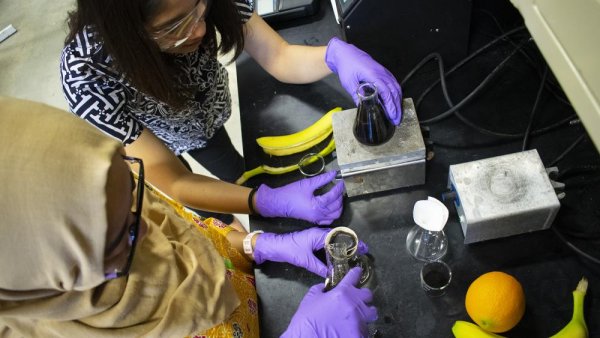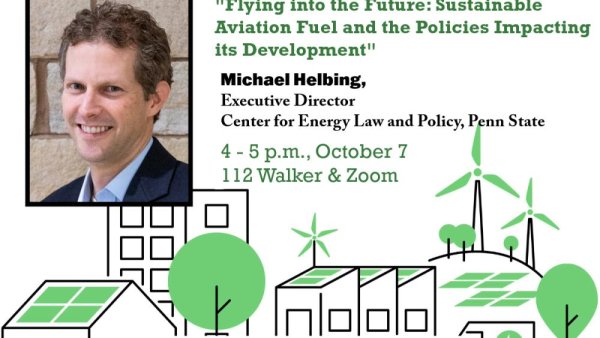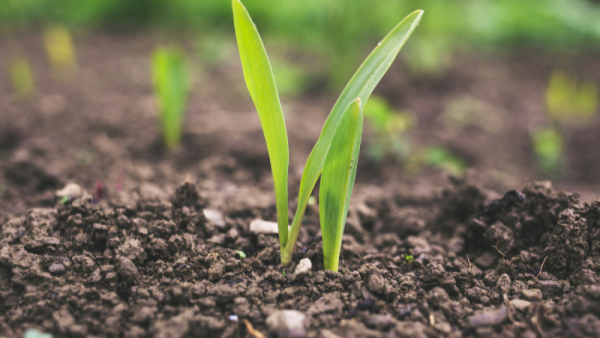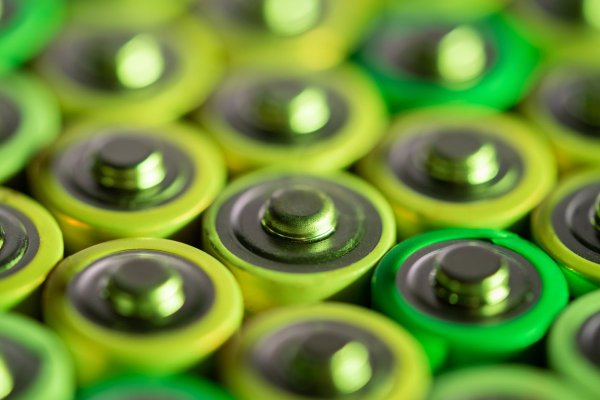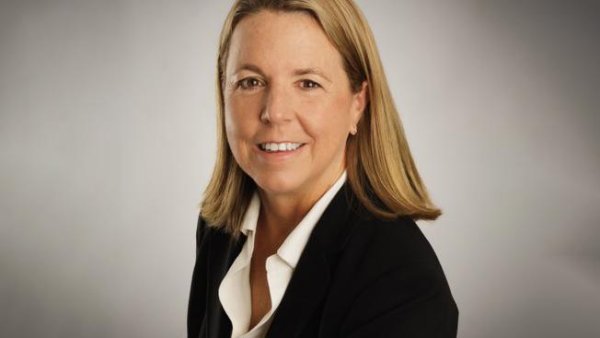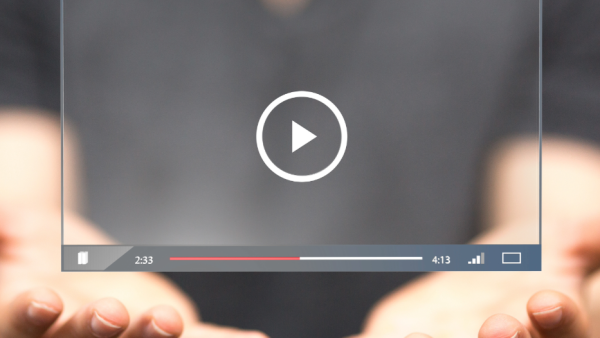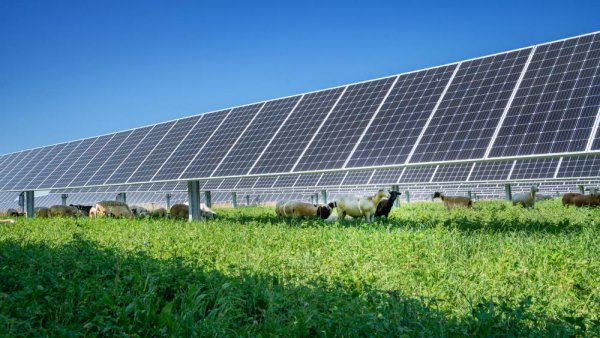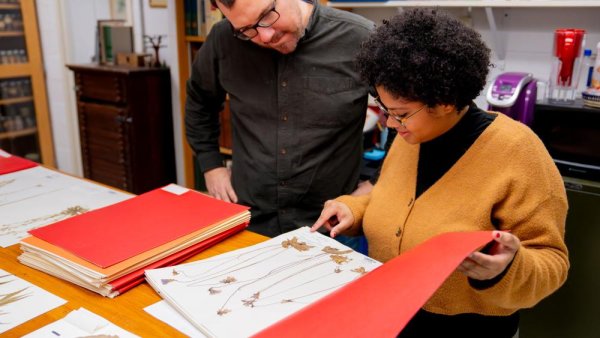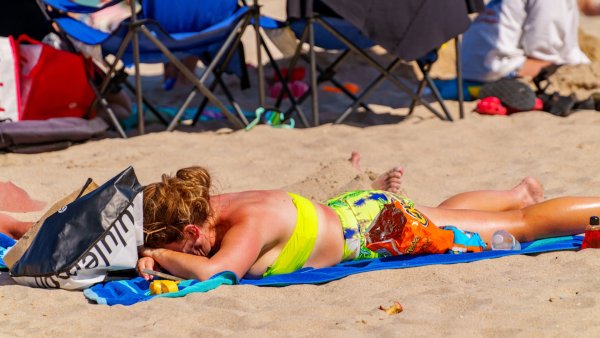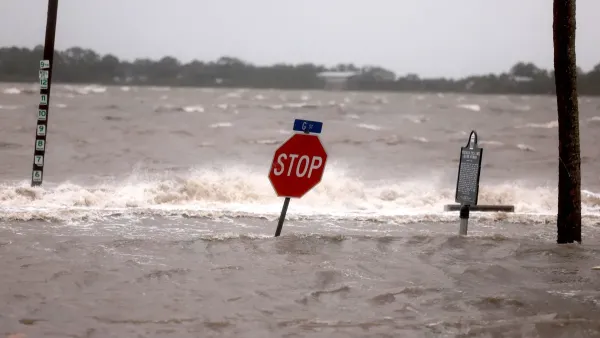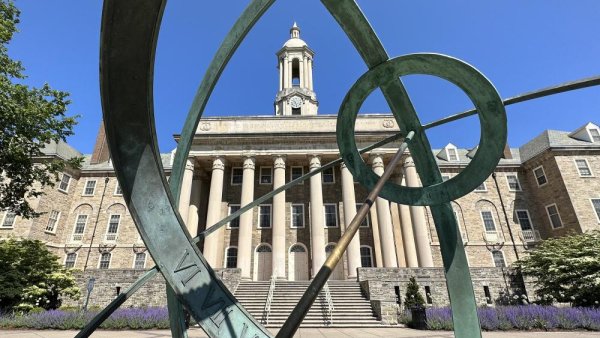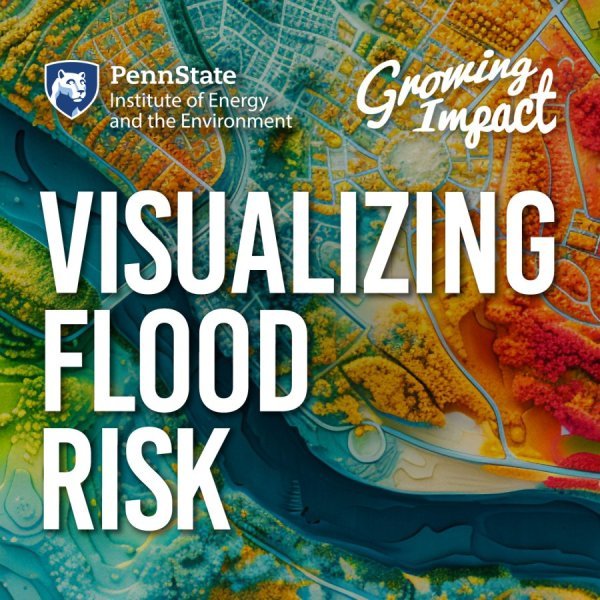Penn State joins national initiative to support public impact research
| psu.edu
Seeking to increase the societal impact of university research, Penn State has joined a multi-year collaborative effort led by the Association of Public and Land-grant Universities (APLU) to identify and promote new approaches to support faculty and researchers undertaking public impact research.
EarthTalks: Helbing to discuss sustainable aviation fuel on Oct. 7
| psu.edu
Michael Helbing, executive director of the Center for Energy Law and Policy and adjunct professor of law at Penn State, will give the talk, “Flying into the future: sustainable aviation fuel and the policies impacting its development,” at 4 p.m. on Monday, Oct. 7, in 112 Walker Building at Penn State University Park.
Q&A: Using a new approach to shine a light on hidden plant microbes
| psu.edu
An approach called metagenomics — a type of DNA sequencing — may help scientists learn more about the microbes that affect plants, according to Penn State researchers.
Electrochemical extraction of lithium provides sustainable battery solution
| by Hanrui Zhang, Feifei Shi
The increasing demand for lithium has led to rising costs and environmental concerns. Researchers have developed a new method that could provide a more sustainable and affordable way to extract this essential mineral.
Climate change researcher appointed to federal program advisory committee
| psu.edu
Karen Fisher-Vanden, distinguished professor of environmental and resource economics and public policy in the Penn State College of Agricultural Sciences, has been appointed as a member of the National Academies of Science, Engineering, and Medicine’s Committee to Advise the U.S. Global Change Research Program.
One Health Microbiome Center launches new video series
| psu.edu
The One Health Microbiome Center announced the launch of a new video series highlighting the use of the center's state-of-the-art resources, research capabilities and collaborative efforts in microbiome sciences.
Honey bees may play key role in spreading viruses to wild bees
| lewistownsentinel.com
Honey bees may play a role in increasing virus levels in wild bumble bees each spring, according to researchers at Penn State who analyzed seasonal trends of parasite and virus transmission in bees.
Penn State cuts greenhouse gas emissions in half; targets future goals
| psu.edu
Since 2005, Penn State has worked steadily toward lowering its University-wide greenhouse gas emissions. Along the way, the University has set and met various goals — including a 17.5% reduction by 2012 and a 35% reduction by 2020 — and recently exceeded a 50% reduction, marking a major milestone.
Penn State herbarium selected to participate in collections assessment program
| psu.edu
Penn State’s herbarium — the Pennsylvania Agricultural College Herbarium — has been selected to participate in the Collections Assessment for Preservation program to identify preventive conservation priorities in the museum.
Scientists issue warning after prolonged heat waves: 'Our body won't be able to tolerate as much time outdoors'
| thecooldown.com
The world experienced its warmest June through August on record, making for a scorching summer in the Northern Hemisphere. This article mentions Penn State research.
How hurricane storm surges work—and worsen with climate change
| fastcompany.com
Of all the hazards that hurricanes bring, storm surge is the greatest threat to life and property along the coast. This article was by Anthony Didlake, associate professor of meteorology.
Penn State launches search for next executive vice president and provost
| psu.edu
As the University’s chief academic officer, reporting directly to President Neeli Bendapudi, the provost works with deans, chancellors, faculty, and staff across the University and helps set and lead academic priorities, uphold research and teaching excellence, support access and affordability, and advance the land-grant mission.

